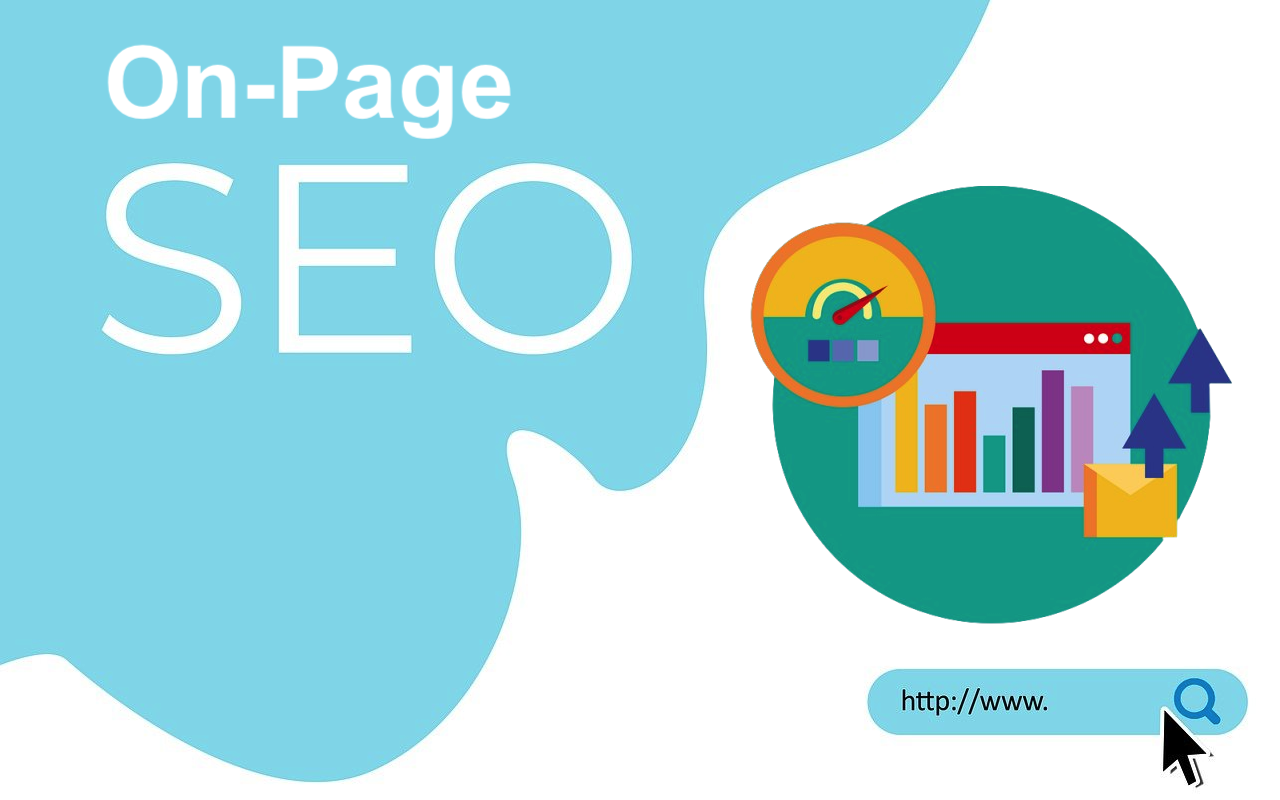Online Privacy

Your IP Address is 216.73.216.91.
| Country | Region | City | ISP |
|---|---|---|---|
 United States United States |
Ohio | Columbus | Anthropic PBC |
What is Online Privacy?
Living in a digital world, we conduct many activities that cover a wide range of actions without face-to-face interactions. From shopping to banking, we perform online financial transactions day in and day out. Internet is a place to gather information, and people use search engines to research various topics, tutorials and news; and data brokers use internet to build a database of users with their personal information.
Online privacy refers to the control an individual has over the personal information while using the internet. We use the internet for virtually everything we do including social network, entertainment, shopping, education, banking, finaces, and even work remotely to make a living. Online privacy involves the protection of our personal data, such as personal identity, social security number (SSN), financial data, address history, and other digital footprints, from unauthorized access, use, or dissemination.
Why is Online Privacy important?
The digital landscape often exposes personal details, including location, interests, and financial information, leaving individuals vulnerable to cybercriminals who can exploit these details for malicious purposes. Data breaches are a looming threat, wherein hackers gain unauthorized access to personal data stored on various platforms and steal confidential data including email addresses, passwords, and financial information that can lead to cyberattacks.
Being online, we conduct activities behind the scene. Anyone can claim themselves as anyone if they have the presonal information. The risk of identity theft underscores the importance of online privacy. If malicious actor acquire personal information, they can impersonate individuals and engage in fraudrant activities causing substantial financial and emotional harm. This risk is closely tied to the financial losses resulting from unauthorized access to banking accounts, credit cards, and brokage accounts amplifying the need for robust online privacy measures.
Besides financial implications, online privacy can also profoundly affect one's personal reputation. Inappropriate content shared online can have lasting repercussions on how individuals are perceived both personally and professionally. The prevalence of targeted advertising is another facet of online privacy concerns. Companies often track online behavior and tailor advertising to specific individuals making them feeling of constant surveillance.
Online privacy encompasses a wide range of considerations that collectively underline its importance in the digital age. From safeguarding personal and financial security to preserving autonomy and trust, individuals must be proactive in adopting secure online practices and leveraging privacy-enhancing technologies to navigate the complex landscape of the digital world.
How do you protect your online privacy?
Protecting your online privacy involves a combination of proactive measures and preventative behavior to minimize the risks associated with sharing personal information online. Here are some steps you can take to enhance your online privacy:
- Regularly Update Software and Apps: Keep your operating system, software, and apps up to date. Updates often include patches for known security vulnerabilities.
- Limit Third-Party App Permissions: Be cautious when granting permissions to third party apps. Only provide the necessary permissions and revoke access for apps you no longer use.
- Manage Social Media Privacy Settings: Review and adjust the privacy settings on your social media accounts to control who can see your posts and personal information.
- Secure Your Devices: Use strong passcodes, PINs, or biometric authentication (such as fingerprint or face ID) to lock your devices.
- Change Your Devices' Privacy Settings: You can change privacy settings on the iOS and Android devices to be more restrictive. By default, location history, Ad personalization, Activity tracking and other settings are turned on but you may opt-out of those options.
- Use Strong Passwords: Create strong passwords for your accounts and avoid using the same password across multiple online accounts. Consider using a password manager to help you generate and store complex passwords securely.
- Enable Two-Factor Authentication (2FA): Most online platforms today provide multi-factor authentication. Turn on 2FA whenever possible. This adds an extra layer of security by requiring a second form of authentication such as a passcode sent to your phone or email, a code from a software or hardware authenticator, or a biometric authencation.
- Be Cautious with Sharing Information: Be selective about the personal information you share online. Avoid sharing sensitive details like your birthdate, home address, or financial information on social media and someone you may not know.
- Use Encrypted Communication: Use encrypted communication channel for messages, emails and calls. End-to-end encryption ensures that only you and the recipient can decipher the messages.
- Browse Securely: Use HTTPS-enabled websites for secure browsing. You can also consider using a Virtual Private Network (VPN) to encrypt your internet connection and hide your IP address.
- Manage Cookies and Block Tracking: Regularly clear your browser's cookies and consider using browser extensions that block tracking mechanisms.
- Avoid Public Wi-Fi: Public Wi-Fi networks are often less secure. Avoid accessing sensitive accounts or conducting financial transactions when connected to public networks.
- Be Wary of Phishing: Be cautious when clicking on links or downloading attachments from unknown sources. Phishing attempts can trick you into revealing personal information. You may use our online inspect suspicious links tool to inspect the link before clicking on it.
- Educate Yourself: Stay informed about the latest online privacy threats and best practices. Being aware of potential risks is key to protecting yourself.
It should be noted that while the steps described above can greatly enhance your online privacy, no method is foolproof. You may use our data breach check tool provided by Have I Been Pwned? to check if your online accounts have been breached, and use a password manager to manage all of your online passwords. It's important to remain vigilant and adapt your practices as new privacy threats emerge.
How do you remove your personal information from the Internet?
Your personal information accumulates in the Internet in variety of ways, and data brokers use the Internet to extract your personal information in every way. There are things you can do to minimize your data from spreading. The best defense is to not sharing your private information on social media. To learn how you can remove your personal data online, use our knowledgebase article, How to remove your personal data from the Internet.

December 24, 2024
Why User Experience Starts with Smarter Documentation
In today’s fast-paced digital landscape, delivering an exceptional user experience (UX) is no longer optional—it’s a necessity. But while much attention is often paid to interface design and functionality, one crucial yet overlooked element is documentation. Smarter documentation forms the backbone of an intuitive and user-friendly experience, empowering users to navigate products or services with confidence. In this article, we delve into why user experience begins with smarter documentation and how businesses can optimize this essential component.
Learn more
January 24, 2025
On-Page SEO: A Complete Guide to Optimize Your Website
On-page SEO refers to the practice of optimizing individual web pages to rank higher in search engines and attract relevant traffic. Unlike off-page SEO, which focuses on external factors like backlinks, on-page SEO deals with elements within your website. Its importance lies in enhancing both search engine visibility and user experience.
Learn more
April 2, 2025
How Technology Is Transforming Healthcare and Patient Care
The digital revolution is reshaping healthcare, making patient care more efficient, accessible, and personalized. From telemedicine and wearable devices to AI-powered diagnostics and remote monitoring, technology is redefining how healthcare services are delivered and experienced.
Learn more